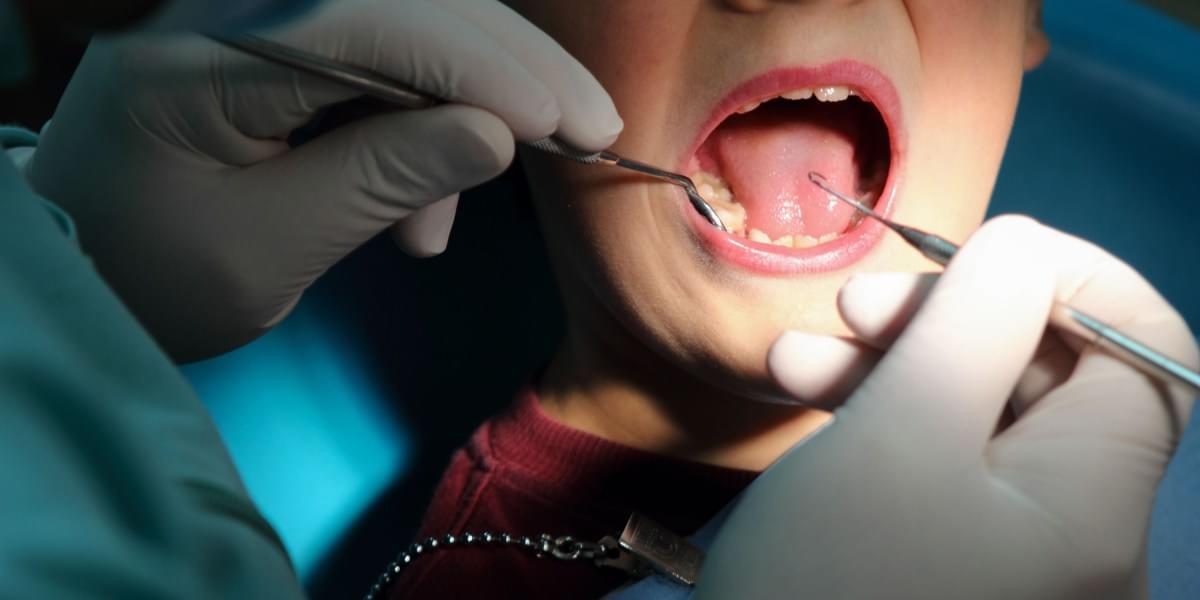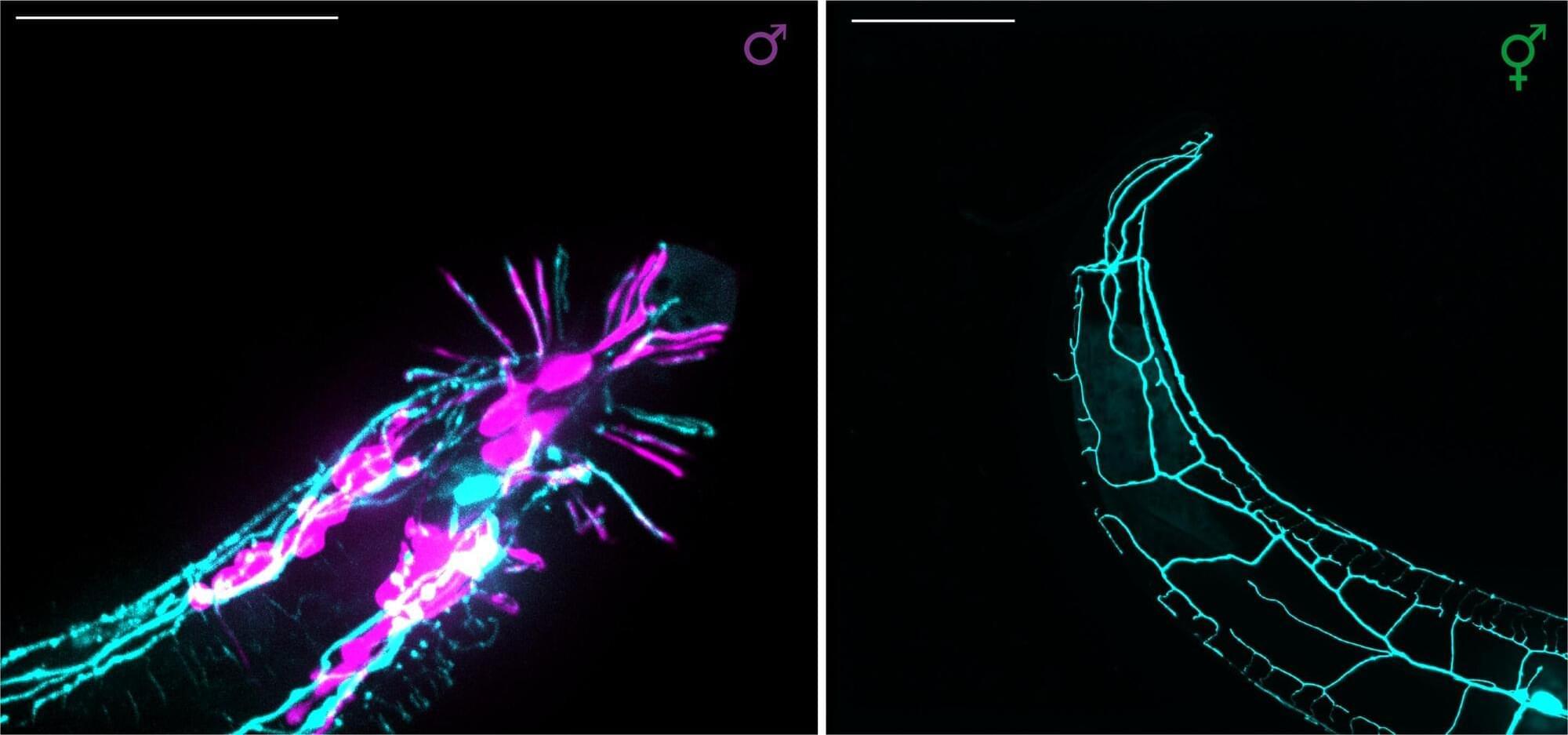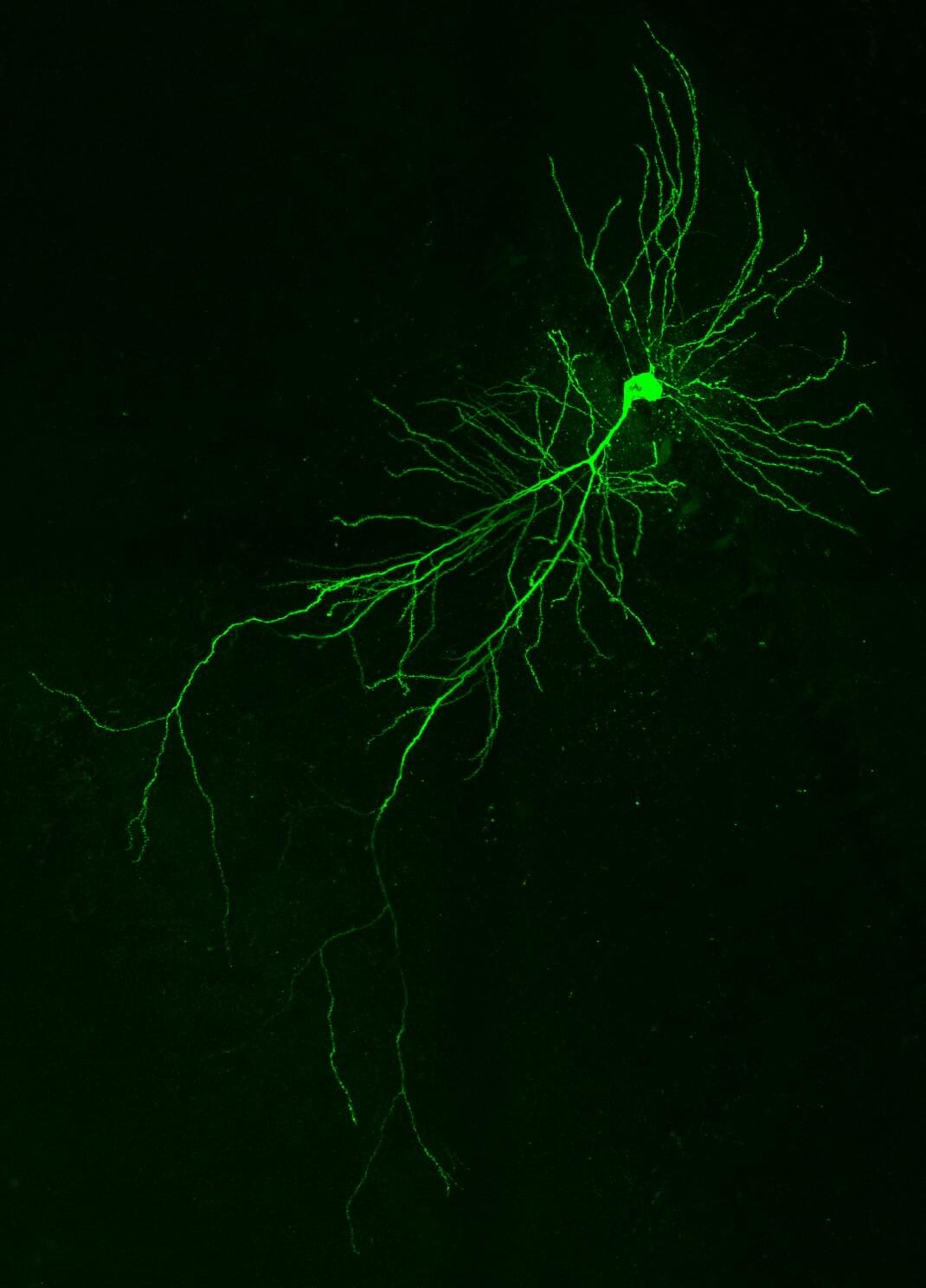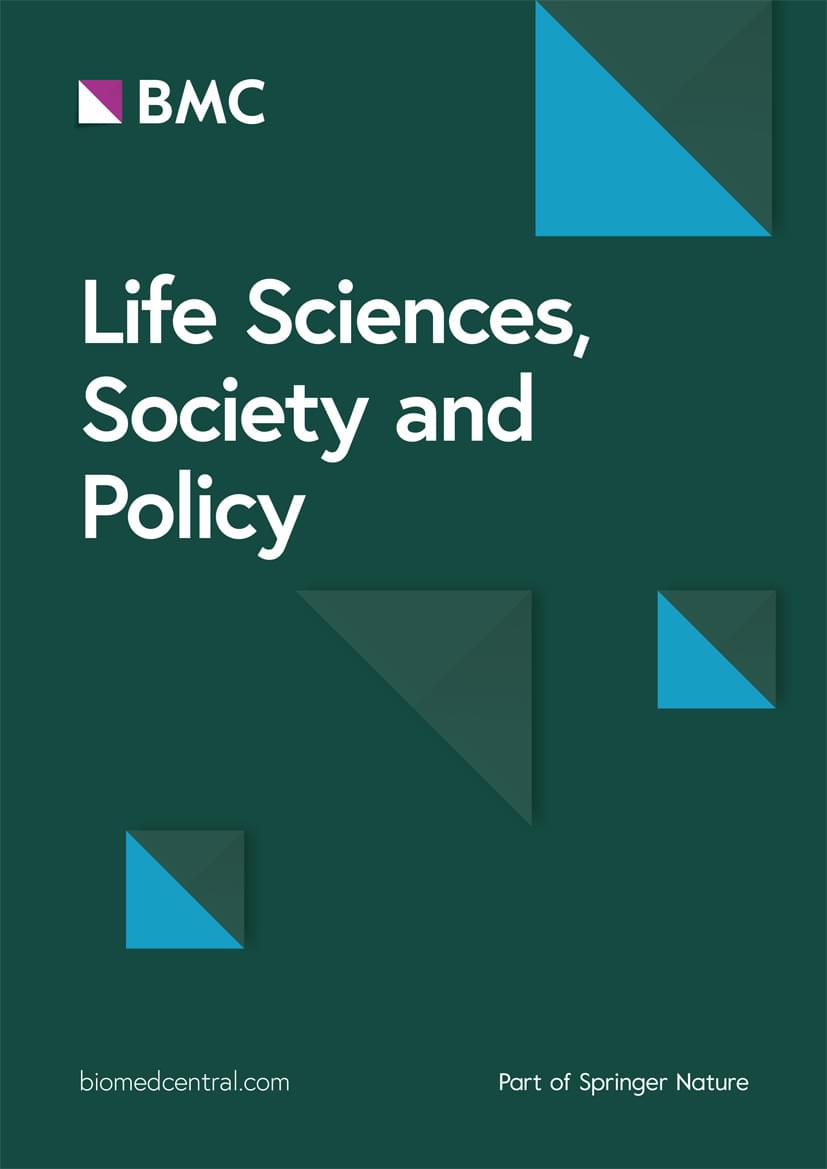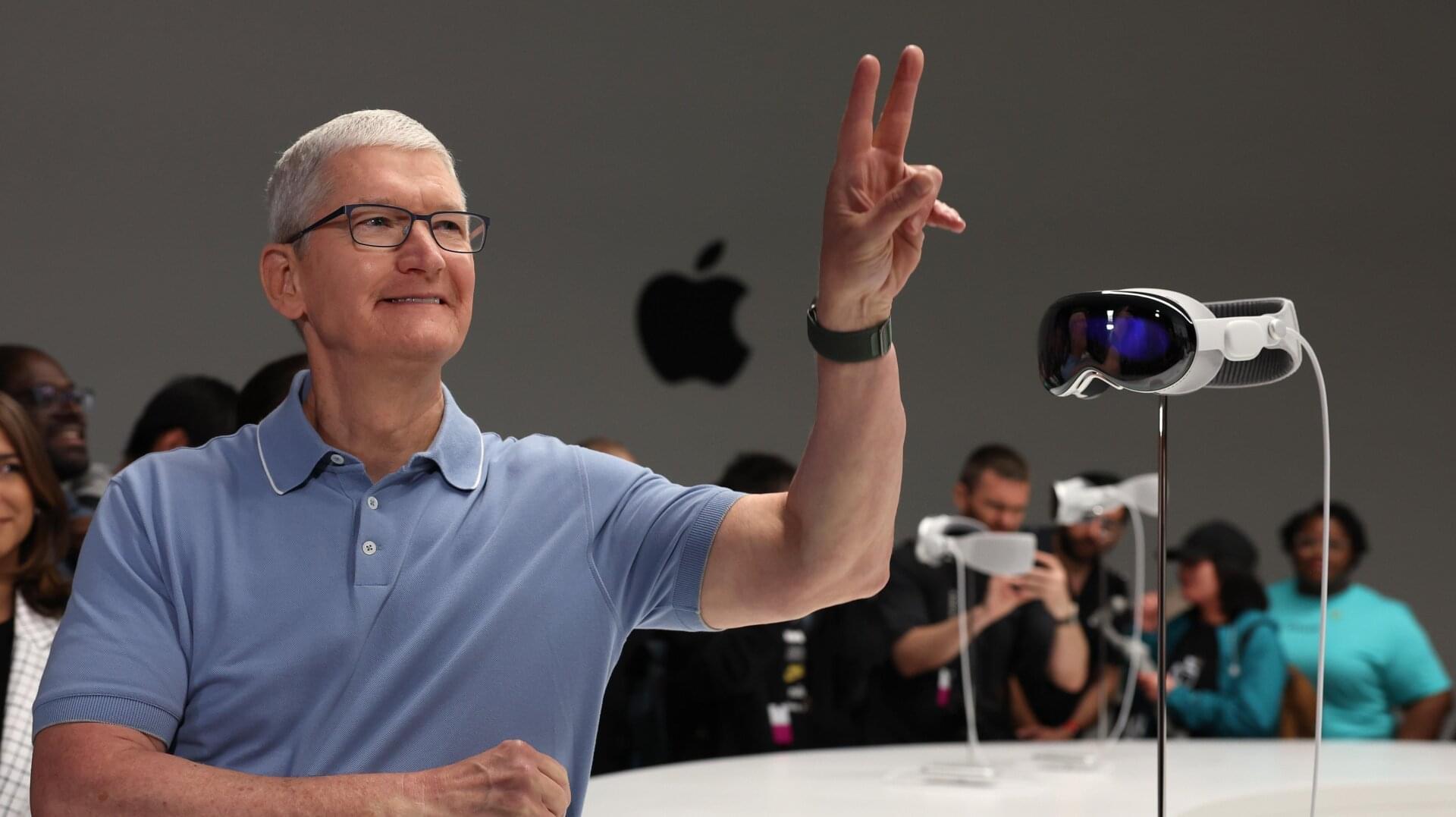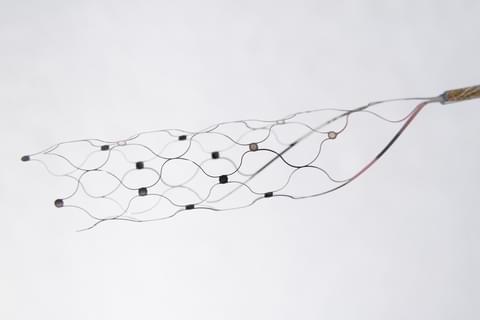Current dental implants can work well, but they’re not perfect. They don’t attach to bones and gums in the same way that real teeth do. And around 20% of people who get implants end up developing an infection called peri-implantitis, which can lead to bone loss.
It is all down to the microbes that grow on them. There’s a complex community of microbes living in our mouths, and disruptions can lead to infection. But these organisms don’t just affect our mouths; they also seem to be linked to a growing number of disorders that can affect our bodies and brains. If you’re curious, read on.
The oral microbiome, as it is now called, was first discovered in 1670 by Antonie van Leeuwenhoek, a self-taught Dutch microbiologist. “I didn’t clean my teeth for three days and then took the material that had lodged in small amounts on the gums above my front teeth … I found a few living animalcules,” he wrote in a letter to the Royal Society at the time.
